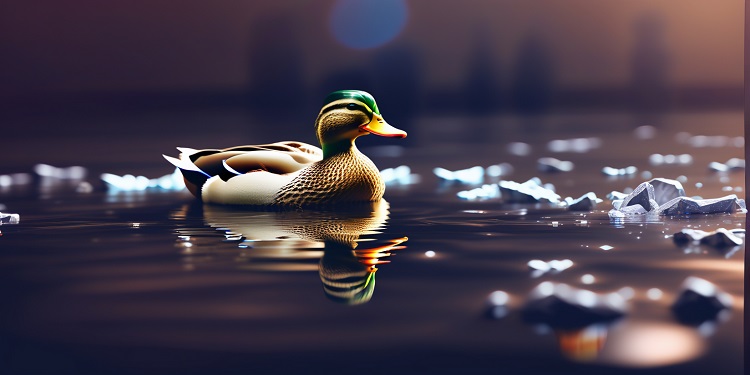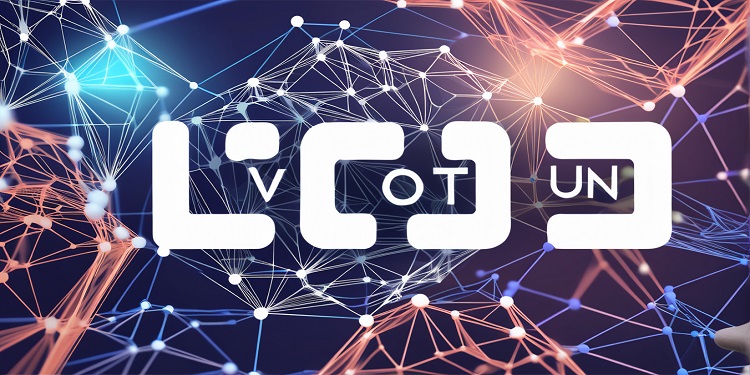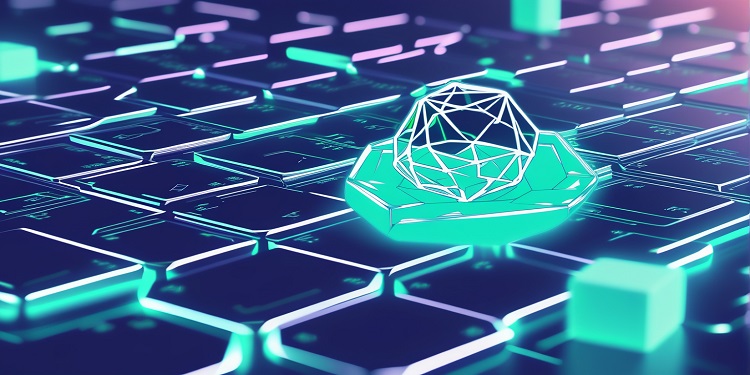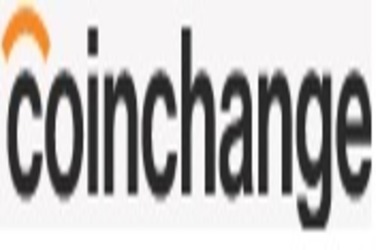 A blockchain-based certification mechanism for rare earths is being created by the EU in response to manufacturers’ desire for verification that the minerals used to manufacture magnets powering electric vehicles (EVs) are really not associated with harmful contamination. The platform would establish worldwide norms and reassure customers seeking ethical goods, two of the program’s organizers told Reuters before Tuesday’s formal statement. The Circular System for Assessing Rare Earth Sustainability (CSyARES), is expected to be completed in around three years, according to the Rare Earth Industry Association (REIA) and Dutch supply chain tracking company Circularise.
A blockchain-based certification mechanism for rare earths is being created by the EU in response to manufacturers’ desire for verification that the minerals used to manufacture magnets powering electric vehicles (EVs) are really not associated with harmful contamination. The platform would establish worldwide norms and reassure customers seeking ethical goods, two of the program’s organizers told Reuters before Tuesday’s formal statement. The Circular System for Assessing Rare Earth Sustainability (CSyARES), is expected to be completed in around three years, according to the Rare Earth Industry Association (REIA) and Dutch supply chain tracking company Circularise.
The EU is sponsoring the research via EIT Raw Materials, an organization charged with executing an EU roadmap developed in 2020 to ensure the bloc’s access to key resources. The financial cost was not revealed. The initiative is one among Europe’s effort to boost local production of super-strong rare earth magnets utilized in electric vehicles. The system would follow rare earths through the complicated supply chain, from mining to end-of-life, using blockchain tokens, or digital passports, according to Circularise’s Teresa Oberhauser.
Circularise and REIA are two of CSyARES’s five partners. The other three are BEC of Germany, Grundfos of Denmark, and Minviro of London. Sustainability certifications for mining goods, including certain rare earths, are currently issued by auditing companies.
“It is a labor-intensive procedure,” Oberhauser said. “Some of those certifications are also available on Ebay, indicating that they are not entirely trustworthy.”
According to her, once a token is established for a certain quantity of ethically harvested mineral, it cannot be altered on the blockchain, a distributed ledger. Rare earths are a group of 17 minerals that are extensively distributed across the Earth’s crust and are utilized in electric vehicle motors and wind turbine generators.
Handling rare earth ore is a complicated process that requires the cautious disposal of solvents and hazardous waste. Rare earths production is expected to expand globally as the United States and Europe aim to shield themselves off China’s monopoly on rare earths, which produces around 90% of the global supply. The EU has prioritized rare earths since China supplies 98% of the eurozone’s permanent magnets, which are also critical for the defense industry.
REIA is represented by the Association of Chinese Rare Earths Industries. When questioned whether China will utilize CSyARES, REIA stated: “Members are participants (to the specifications) and have the right to continue with adoption.” Numerous manufacturers and their vendors want to utilize the platform when it becomes operational in around three years, according to REIA Secretary General Nabeel Mancheri. He refused to reveal names, citing confidentiality agreements between REIA and the corporations. As per the Circularise website, Porsche, which is controlled by Volkswagen, earlier employed Circularise to test the tractability of plastics. Volkswagen has neither confirmed nor denued to utilize the CSyARES system.








